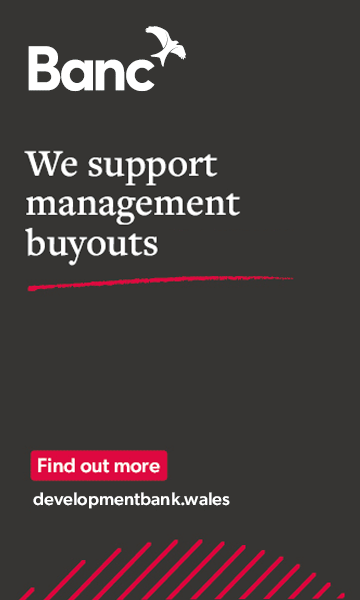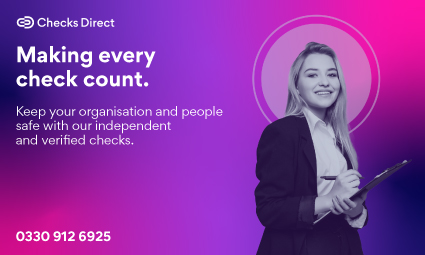62% of knowledge workers say they don’t have enough time to access all the information needed to effectively do their job, as businesses struggle with the exponential rise in data.
In a landmark study, AI-powered market research platform AMPLYFI sought to quantify the paralysis suffered by businesses who are spending more time searching for information and less time carrying out their role.
The study found that workers spend 7.7 hours, the equivalent of one day a week, searching for information. Based on the average salaries of respondents, this means businesses spend on average £4.4 million a year looking for insights and data to perform their role.
Even after spending that time searching, nearly half (43%) of decision makers are unable to find the resources needed every week.

Commenting on the results, Paul Teather, CEO of AMPLYFI, said:
“The rapid expansion of the internet has resulted in fragmented data, which is harder to source and even harder to interpret. It’s estimated that 90% of the world’s data was created in the last two years and the reality is many knowledge workers are struggling to keep up. Business leaders therefore have a responsibility to provide more effective information gathering and storing processes for their workforce.”
AMPLYFI commissioned independent research house Censuswide to poll 1,500 decision makers within businesses of at least 250 people.
The research found that 41% of knowledge workers have at least 6-10 tabs open in their internet browser at any one time, highlighting the significant amount of manual effort put into search and identifying sources of insight. Over half (57%) of respondents said they found contradictions in data across different channels, meaning they are unsure of who to trust.
The study found that search engines (55%) were the most common source of information, followed by networking and discussion (52%) and social media. However, just 14% of respondents said they access the deep web to aid business decision making, highlighting how a significant source of data is being largely ignored. The deep web makes up roughly 90% of the internet.
Teather added:
“Omitting the deep web, which contains such a vast expanse of the internet, means teams are making critical decisions based on just a fraction of the information available.”
In response, almost half (48%) of decision makers admitted there has been a time where greater access to information could have prevented business risk.
With time saved by streamlining the research process, respondents said they would drive business growth, better service customers and identify ways to reduce risk to the business.
Teather concludes:
“AI is opening up new avenues for information gathering. Businesses can now harness a single source of information, conduct a lifetime of reading in 20 minutes, and create their own highly relevant content feeds, pulling from multiple sources across the internet. AI is ultimately allowing knowledge workers to put their fingerprint on the vast pool of data available.”











